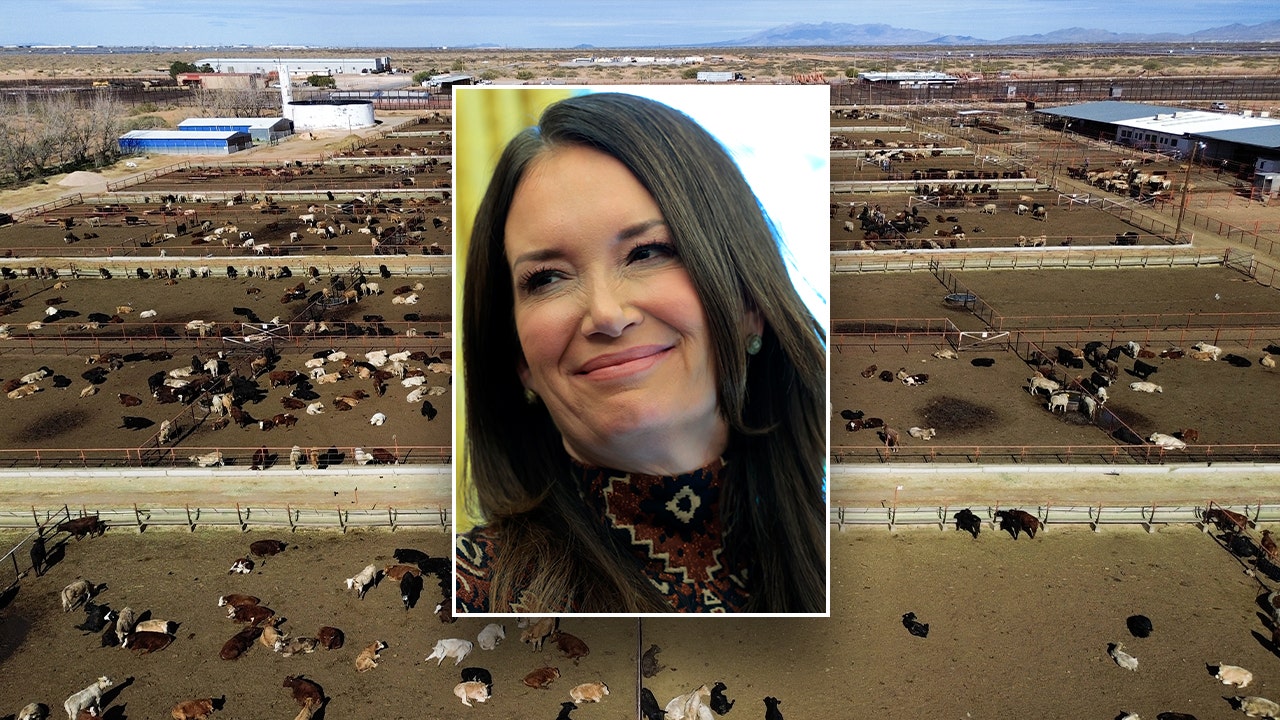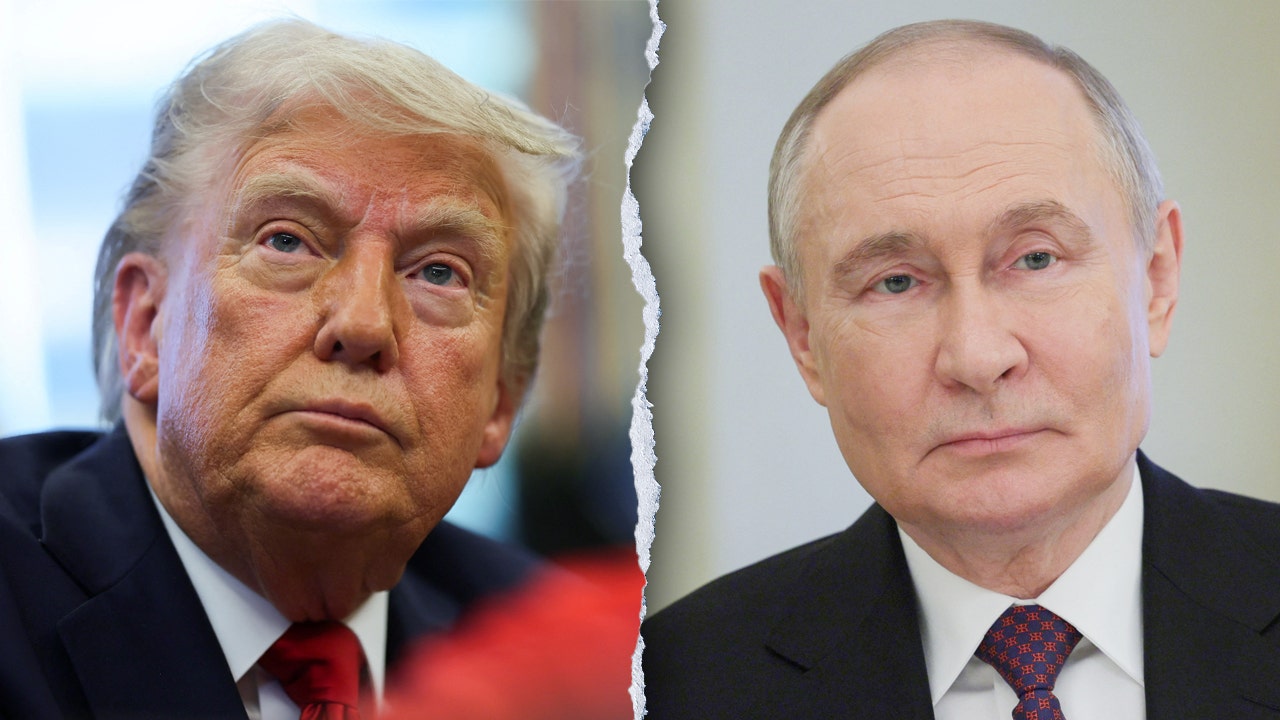For years, UN human rights bodies have been documenting, monitoring and publishing reports on abuses, and bringing Syria’s dire human rights record to the world’s attention.
The fall of Bashar al Assad in December 2024 was largely greeted with euphoria by the Syrian people, but images of hundreds of people pouring into the notorious Sednaya Prison, desperately searching for friends or relatives, and testimony from former prisoners, recounting the sadism and torture they endured, was a vivid reminder of the atrocities committed under the former regime.
Since 2016, the International Impartial and Independent Mechanism (IIIM), has been amassing a vast collection of evidence, aiming to ensure that those responsible are eventually held accountable.
In the eight years since, consistently denied access to Syria, they have had to work from outside the country.
However, everything changed after the rapid collapse of the regime. Just days later the head of the IIIM, Robert Petit, was able to travel to Syria where he met members of the de facto authorities. During this historic visit, he made a point of emphasizing the importance of preserving evidence before it’s lost forever.
UN News interviewed Mr. Petit from his offices in Geneva and began by asking him to describe the reactions of the Syrians he met during his visit.
This interview has been edited for clarity and length.
Robert Petit: It was a sobering and emotional time. I experienced a mix of hope and joy, as well as fear and anxiety, and a lot of sadness from the families of prisoners who had been killed.
But there was definitely a sense of change across the board. It’s my personal hope that the aspirations of Syrians will be fully realized with the help of the international community.
UN News: What was the purpose of your visit, and was it successful?
Robert Petit: As with most of the world, we were shocked at the speed with which the regime crumbled, although in hindsight we should have realized that the foundations were completely eroding for years.
We had to quickly start thinking about how to address this new situation: for the first time in eight years, we have the chance to really fulfill our mandate.
The main purpose of the visit was to start engaging diplomatically and explain to the new authorities what our role is and what we would like to do and get permission to do so. We found them to be receptive.
We formally requested permission to send teams to work and discharge our mandate in Syria. That was back on December 21. We’re still waiting for the answer. I have no reason to believe that we will not be granted permission. I think it’s a matter of processes rather than willingness, and we’re hoping that within days we will get that permission and then we will deploy as soon as we can.
Documents are piled up at a court house in Damascus, Syria, which was visited by the head of the IIIM, Robert Petit.
UN News: How hard was it to collect evidence during the years that you were denied access to the country?
Robert Petit: Syrian civil society and Syrians in general have, since March 2011, been the best documenters of their own victimization. They accumulated an enormous quantity of evidence of crimes, often at great risk the cost of their own lives.
Every year since we were created, we tried to access Syria. We could not get permission, but we developed close relationships with some of these civil society actors, media stakeholders and individuals who collected credible evidence, as did other institutions.
We accumulated over 284 terabytes of data over the years to build cases and support 16 different jurisdictions in prosecuting, investigating and prosecuting their own cases.
Now we potentially have access to a wealth of fresh evidence of crimes, and we’re hoping to be able to exploit that opportunity very soon.
UN News: During the Assad years, though, you had no guarantee that anyone would be brought to justice.
Robert Petit: Our mandate has been very clear from the beginning: prepare cases to support current and future jurisdiction. And that’s what we’ve been doing. There was always a hope that there was going to be some kind of tribunal, or comprehensive justice for the crimes in Syria. In anticipation of that, we have been building cases and we hope to build a wealth of understanding of the situation and the evidence that could support these cases.
At the same time, we’ve been supporting 16 jurisdictions all over the world prosecuting these cases, and I’m very happy to say that we have been able to support over almost 250 of those investigations and prosecutions and will continue to do so.
UN News: During your trip you said there’s a small window of opportunity to secure sites and the material they hold. Why?
Robert Petit: Syria’s state apparatus functioned for years, so there will be a lot of evidence, but things go missing, they get destroyed and disappear. So, there is a time issue.
UN News: Are the de facto authorities in Syria helping you to secure evidence?
Robert Petit: We had messaging from the caretaker authorities that they were conscious of the importance of preserving all this evidence. The fact is that they have been in control for barely six weeks, so there are obviously a lot of competing priorities.
I think the situation in Damascus is relatively good in that a lot of the sites, the main ones at least, are secured. Outside of Damascus, I think the situation is a lot more fluid and probably worse.
UN News: When Volker Türk, the UN High Commissioner for Human Rights, visited Syria in January he called for fair, impartial justice in the wake of the end of the Assad regime. But he also said that the extent of atrocity crimes “beggars belief”. Do you personally think that justice rather than revenge, in a place where people have been so badly brutalized, is possible or likely?
Robert Petit: That’s for the Syrians to answer themselves and hopefully be heard and supported in what they will define as justice for them and for what they’ve suffered.
If people are given the hope that there will be in place a system that will deal fairly and transparently with at least those most responsible for the atrocities, it will give them hope and patience.
I think it is possible. I have worked in enough of these situations to know that a variety of things can be done to address these very complex situations, but it must be Syria-led, and they must have the support of the international community.
UN News: Do you envisage that criminal trials would take place in Syria at a national level or at an international level, for example at the International Criminal Court?
Robert Petit: Again, it will depend on what Syrians want. You’re talking about literally thousands of perpetrators, and a whole state apparatus dedicated to the commission of mass atrocities. It’s an incredible challenge to define what accountability means.
In my opinion, those most responsible, the architects of the system, must be held criminally accountability. For everyone else, the ways a post-conflict society tackles the issue varies.
Rwanda, for example, tried to use traditional forms of dispute resolution to try 1.2 million perpetrators over a decade. Others, like Cambodia, simply try to bury the past, and pretend it never happened.
The best solution is the one that Syrians will decide for themselves.





